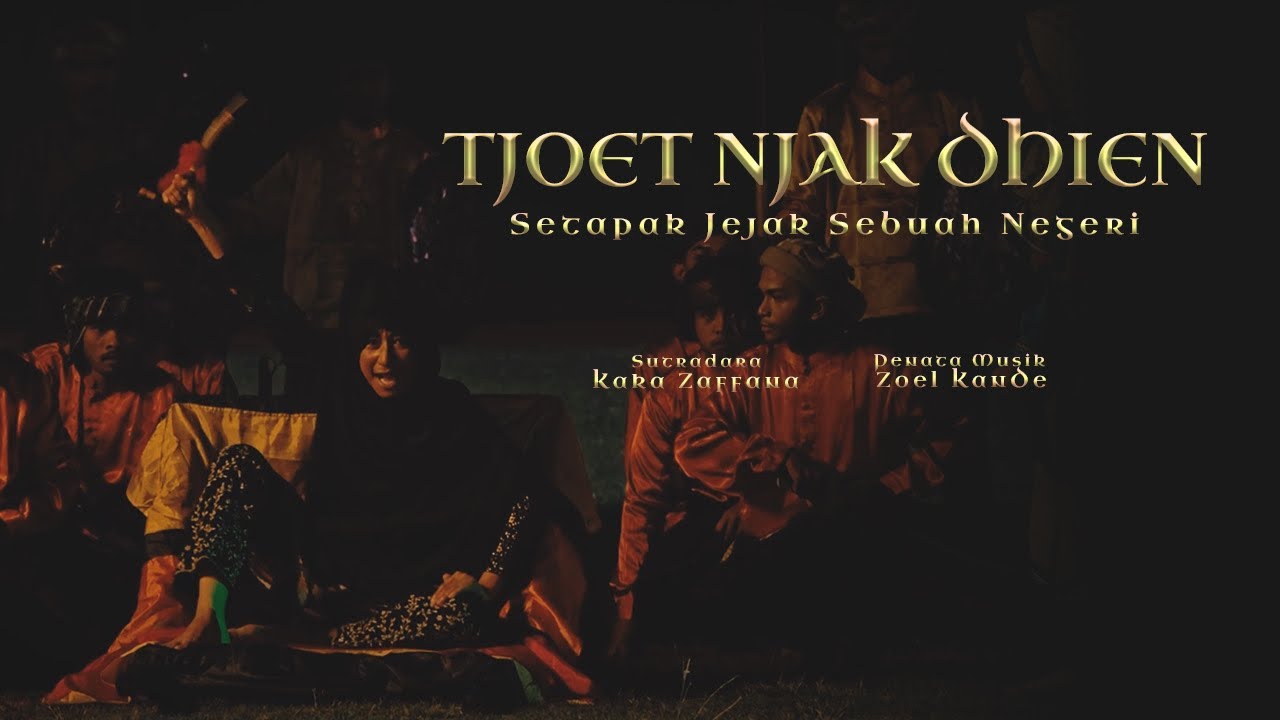Pidato Soekarno Berapi-api: Tentara Jangan Ikut-ikut Politik | 17 Agustus 1953
Summary
TLDRThe transcript reflects a passionate call for unity, perseverance, and the unwavering spirit of independence. The speaker emphasizes that in order to live, one must work, and those who oppose colonialism must continue the fight without surrendering. There is a strong nationalistic tone, with a focus on the long-term goal of lasting freedom. The message is clear: the struggle for independence is far from over, and it must be pursued with full dedication, never stopping until victory is achieved, for once free, a nation must remain free forever.
Takeaways
- 😀 The speaker emphasizes the importance of mental and spiritual strength, especially when facing hardships.
- 😀 A call to the Indonesian people to continue the fight for independence with passion and commitment, never stopping until victory is achieved.
- 😀 The speaker stresses that those who give up or resist progress will be left behind or punished.
- 😀 A reference to colonial resistance, specifically to Dutch forces, and the importance of rejecting colonial rule.
- 😀 The script highlights that survival requires hard work and perseverance—those who do not work will not eat, and those who do not eat will die.
- 😀 The message advocates for the acceptance of life's harsh realities and the necessity of perseverance despite challenges.
- 😀 The speaker calls for a collective national effort, where all citizens are committed to the country's future beyond a temporary period.
- 😀 A strong declaration of Indonesia's unwavering desire for permanent independence, with no compromise on the country's freedom.
- 😀 A reminder that true independence is not for a limited time; once free, the nation must remain free forever.
- 😀 The speaker closes with a call for the nation to live with honor and a reminder of the sacrifices made for independence.
Q & A
What is the primary message of the speaker in the transcript?
-The speaker emphasizes the importance of perseverance and resilience in the face of challenges, particularly in the context of Indonesia’s struggle for independence. The message encourages the Indonesian people to stay united and never give up in their fight for freedom.
What does the speaker mean by 'if you don't work, you won't eat; if you don't eat, you will die'?
-This phrase is used to highlight the fundamental law of survival: the necessity of work to sustain life. It reflects a pragmatic view of life, stressing that survival depends on contributing effort, and that not doing so will lead to failure or death.
What role does 'spirit' or 'soul' play in the speech?
-The speaker repeatedly calls for a strong, passionate spirit ('jiwa') as a key factor in the success of the independence movement. This 'soul' is portrayed as essential for overcoming adversity and achieving freedom, with the speaker urging the people to have an unwavering, burning desire for independence.
How does the speaker address the issue of colonialism in the transcript?
-The speaker criticizes colonialism, particularly the Dutch colonial rule, and urges the Indonesian people to resist it. The reference to the 'flour' and 'Arab' metaphor implies that any form of resistance to colonialism will lead to victory, and emphasizes that colonial rule must end.
What does the speaker mean by 'once free, always free'?
-This phrase signifies the unbreakable resolve for Indonesia’s independence. It reflects the idea that freedom, once achieved, must be permanent, and the fight for it will not cease even after independence is attained.
What is the significance of the term 'undang-undang' (law) in the transcript?
-The term 'undang-undang' refers to the natural law that governs survival and existence. The speaker uses it to emphasize that everyone, regardless of their status or desires, must accept the laws of life, such as the need for work and the necessity of perseverance to survive.
Why does the speaker highlight the importance of not stopping or giving up?
-The speaker stresses that the struggle for independence is not over, and stopping or giving up would lead to failure. Those who stop will be metaphorically 'dragged' back into prison or subjugation, implying that only continued effort can guarantee freedom.
How does the speaker connect the fight for independence with spiritual or moral strength?
-The speaker urges the people to approach the struggle with a strong and clear spirit ('jiwa'), one that is not swayed by worldly distractions or mediocrity but is guided by moral principles and a deep commitment to freedom and justice.
What is the intended impact of the speaker’s call to 'keep walking, never stop'?
-This call serves as a rallying cry to maintain momentum in the fight for independence. It is intended to inspire the people to continue working towards their goal without hesitation, as every step forward is a step closer to achieving freedom.
What is the tone of the speech, and how does it contribute to the message?
-The tone of the speech is passionate, urgent, and motivational. It is meant to invoke a sense of determination and unity, rallying the Indonesian people to continue their struggle with unwavering resolve. The speaker uses strong imagery and direct language to convey the urgency of the cause.
Outlines

This section is available to paid users only. Please upgrade to access this part.
Upgrade NowMindmap

This section is available to paid users only. Please upgrade to access this part.
Upgrade NowKeywords

This section is available to paid users only. Please upgrade to access this part.
Upgrade NowHighlights

This section is available to paid users only. Please upgrade to access this part.
Upgrade NowTranscripts

This section is available to paid users only. Please upgrade to access this part.
Upgrade NowBrowse More Related Video

🔴 SEMUA TERPANA & TERHARU MELIHAT DRAMA MUSIKAL TJOET NJAK DHIEN [ MUKTAMAR IDI XXX1 ACEH ]

Sumpah Pemuda - Drama Peringatan Hari Sumpah Pemuda (SMK Negeri 8 Pinrang)

AGRESI MILITER 1 DRAMA MUSIKAL - KOMUNAL 2023

Rapat Akbar di Lapangan Ikada 19 September 1945

Indonesia Army Using Airplane Bomber to Hit Indigenous Resistance of West Papua

LAGU PERTEMPURAN SURABAYA | sejarah 11-3 sman 1 ciparay
5.0 / 5 (0 votes)